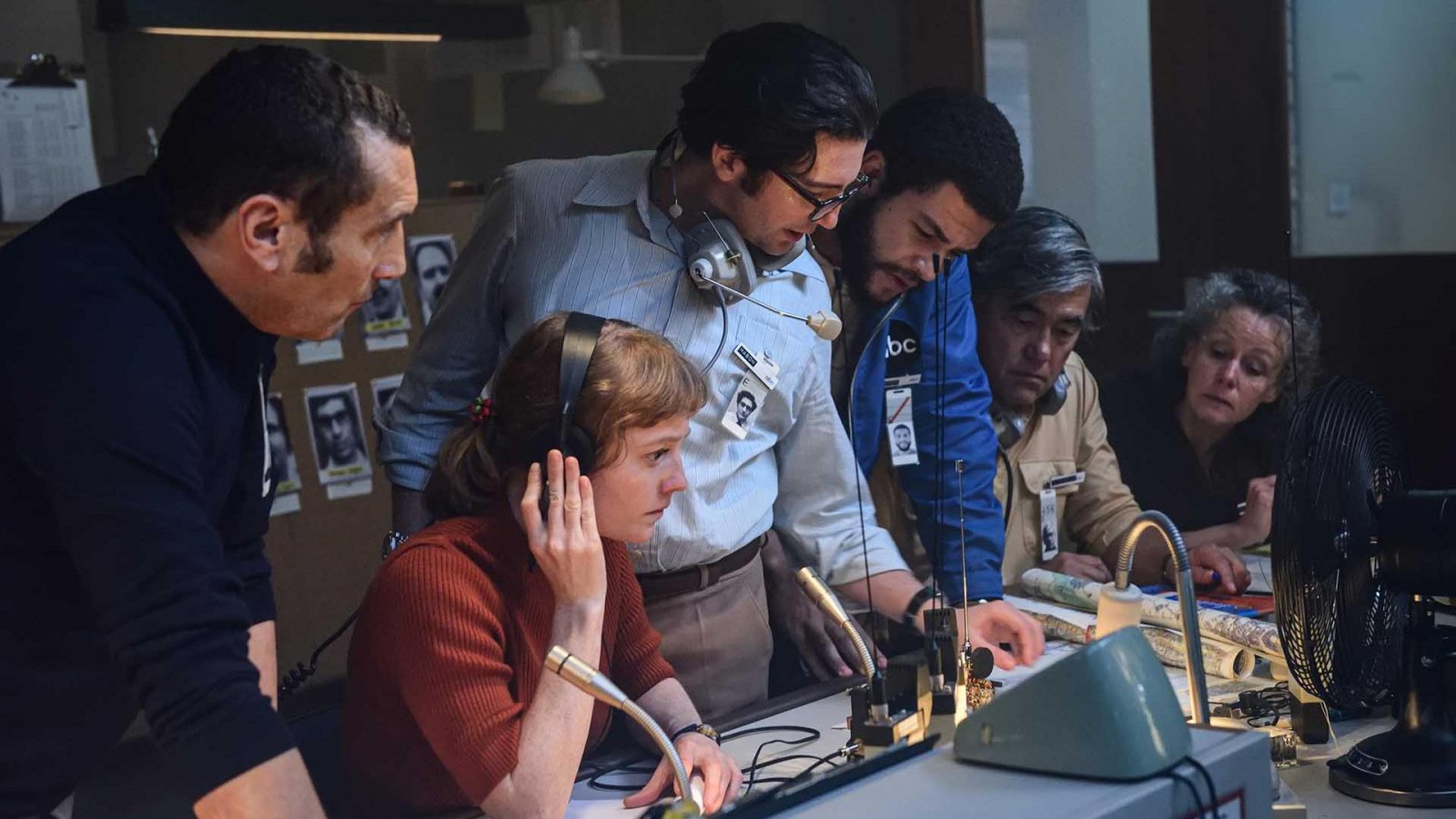Asthma affects 7 million children in the United States, but does not have to limit their participation in sports and other pursuits. Learning how to adequately prevent and treat asthma symptoms will allow your child to perform daily activities without hesitation.
Asthma is a disease of the respiratory system that causes intermittent airway constriction due to inflammation in the lungs. As a result, the lining of the airways becomes swollen and muscles around the airways tighten, making it hard to breathe.
The condition is attributed to a combination of genetic, allergenic, environmental, and physical influences. “For infants and children between 1 and 4 years old, viral infections and colds are more likely to trigger asthma and cause wheezing, but these children tend to outgrow their asthma,” explains Dr. Sean McGhee, UCLA pediatric allergist and immunologist. “Children who have a later onset of asthma tend to be very allergic and are more likely to live with asthma throughout their lives.”
Causes and Symptoms
Although asthma episodes can be triggered by various things, including colds, viral and respiratory infections, pollen, dust, mold spores, certain foods, and dry or cold air, research shows many children inherit a tendency to allergies and that puts them at risk to develop asthma, Dr. McGhee says. In some cases, however, symptoms arise because of more serious lung disorders, making it vitally important to diagnose asthma correctly with lung-function tests.
Asthma symptoms include:
• Difficulty breathing / wheezing
• Rapid breathing and pulse
• Shortness of breath, even at rests
• Chest tightness
• Coughing
• Sweating
• Trouble speaking in full sentences
• Fatigue or irritability
• Treatment
Long-term control medications are used daily to control airway inflammation and prevent asthma symptoms. Quick relief or “rescue” medications, such as inhalers, provide instant relief during asthma attacks.
“It is important for parents to work with their child’s pediatrician and teachers to create and carry out an asthma action plan,” advises Dr. McGhee. “The plan should outline how to avoid asthma triggers and monitor symptoms and when to take medications.”
Brought to you by UCLA Health System. UCLA pediatricians are conveniently located in your neighborhood. For more information, visit www.uclahealth.org or call 800.UCLA.MD1.












